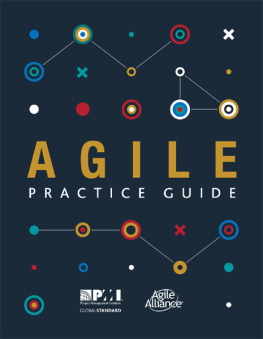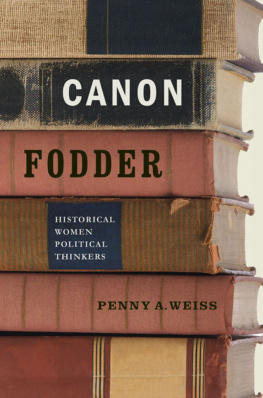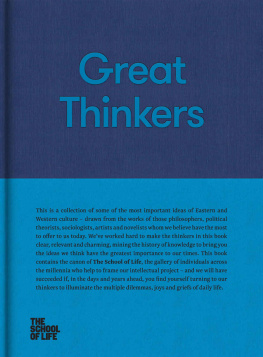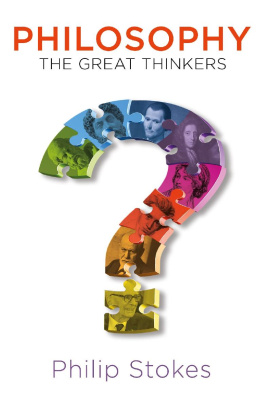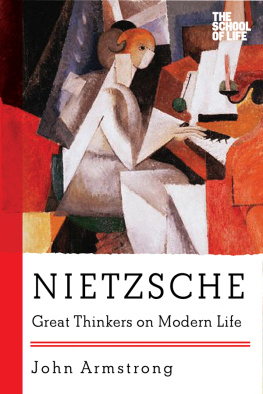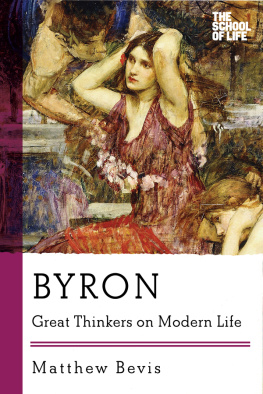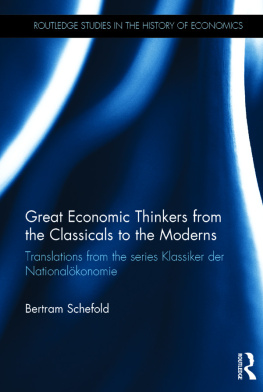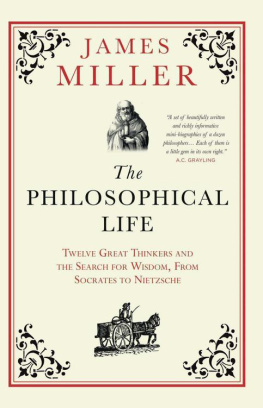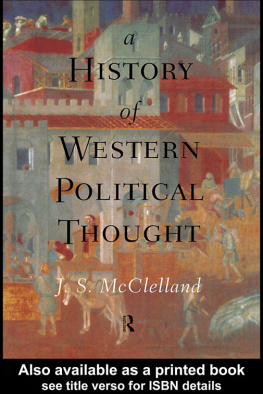Great
Thinkers
This is a collection of some of the most important ideas of Eastern and Western culture drawn from the works of those philosophers, political theorists, sociologists, artists and novelists whom we believe have the most to offer to us today. Weve worked hard to make the thinkers in this book clear, relevant and charming, mining the history of knowledge to bring you the ideas we think have the greatest importance to our times. This book contains the canon of The School of Life, the gallery of individuals across the millennia who help to frame our intellectual project and we will have succeeded if, in the days and years ahead, you find yourself turning to our thinkers to illuminate the multiple dilemmas, joys and griefs of daily life.
Great
Thinkers

Contents
Introduction
This is a book that gathers together the canon of The School of Life: it is our selection of the greatest thinkers from the fields of philosophy, political theory, sociology, psychotherapy, art, architecture and literature whom we believe have the most to offer to us today.
The idea of assembling a canon can feel a bit awkward maybe even oppressive. It can feel unfair to leave out so many people. And anyway, who decides? Surely the people making the canon are bringing some bias to their task?
We happily admit to bias. Were sometimes taught to think ill of bias, as if the only good kind of information was that which carried absolutely no intention or design, and left everything up to the audience instead. This emphasis on neutrality is understandable; there has historically especially in the 20th century been a lot of bad bias around. But we ultimately believe that the goal isnt to have no bias at all but to put forward good bias; by which we mean bias in favour of a selection of thinkers who point us to valuable and important ideas. At The School of Life, we are heavily biased towards emotional intelligence and the use of culture as a tool for consolation and enlightenment.
We have some quite specific views about what makes a thinker great. Typically, great thinkers are included in encyclopedic works on the basis of reputation: a list is drawn up asking what names have been most influential, and what ideas have most memorably shaped the intellectual world. However, weve got our sights on a different aim: we want to work out what ideas offer help with some of the leading problems of our own times. For us, a great thinker is someone whose ideas stand the very highest chance of being helpful in our lives now.
Because a canon is necessarily so selective, it is always vulnerable to attack. We have a sanguine view of selection; selection is simply an inescapable feature of living in an information-rich world. The ideal isnt to avoid being selective, the challenge is to try to select as well as possible. In our eyes, this means picking out thinkers who can untangle some of the greatest difficulties in our political, professional and personal lives. We arent historians recovering ideas for their own sakes; we are applied philosophers seeking intellectual concepts that can be put to work in the here and now.
Weve worked hard to make the thinkers in this book sound simple, easy and (hopefully) quite charming. In the past, many of these thinkers have been caught in a fiendish trap. What they have had to say has been hugely relevant and important. But how they have said it has guaranteed that they went unheard: because their books were a little too dense, some of their ideas sounded odd and many of their most crucial concepts were prone to get lost amidst a welter of subsidiary information. Weve recovered what we see as the important ideas in our chosen thinkers by following a number of principles:
Only a few things that any mind, however great, has ever said are likely to be of central lasting importance.
These key points are detachable from the full body of a thinkers work.
We are forgetful, time-pressured creatures. We are liable to forget every intricacy of a complex sustained argument. So we need central messages spelt out memorably and simply.
Whatever academic culture tells us, context is not decisive. Important truths get lodged in odd places and can be extricated from them; they may lie in 3rd-century China, in an aristocratic salon in 18th-century Paris or in a small house in an alpine village in the 19th century. Yet what always matters in the end is what they can do for us now.
Its a tragic paradox that there are ways of showing reverence for the great thinkers that ends up preventing them from having an impact in the world the exact opposite of what reverence was hoping to achieve. Being a little casual with a great thinker is the biggest homage one could pay to him or her.
Our guiding concern is that great ideas should be widely known and that they should be active in our lives.
That said, we recognise that there are proper worries around simplification. There is a concern fed by the academic world that if you simplify, you inevitably betray: you omit the stuff that really matters. We understand the anxiety but dont want to let it triumph, for we are equally aware of the dangers of listening to it too closely: needless complexity can lead to good ideas being ignored altogether. We think that the important truths about how we might live are capable of popular formulation. Were against the tragic view that what is important is condemned always to be unpopular or incomprehensible to most citizens.
Popularising is, from our perspective, a great and noble task, especially in a democratic consumer-led world where elite culture has (more or less) lost its sway. Its what makes ideas real in the life of a society. In any case, our lives are never entirely bookish or intellectual. Were always driven by, and to an extent reliant on, straightforward thoughts that guide our conduct. Those ideas are the ones that matter to the day-to-day flourishing of a community. Preciousness can be the downfall of the best concepts.
The modern world has to date left the study and transmission of cultural ideas largely to university departments in the humanities. Their main focus has been on trying to understand what great thinkers were about in and of themselves. Here, somewhat heretically, were doing something very different: we want to know what they can do for us.
Weve mined history to bring you the ideas we believe to be of the greatest relevance to our own times. We will have succeeded if, in the days and years ahead, you find yourself turning to them to illuminate the multiple dilemmas and griefs of daily life.
Philosophy
Plato
c.428c.348 BC

A thens, 2,400 years ago. Its a compact place: around 250,000 people live here. There are fine baths, theatres, temples, shopping arcades and gymnasiums. Art is flourishing, and science too. You can pick up excellent fish down at the harbour in Piraeus. Its warm for more than half the year.
This is also home to the worlds first true and probably greatest philosopher: Plato.
Born into a prominent and wealthy family in the city, Plato devoted his life to one goal: helping people to reach a state of what he termed, or eudaimonia.
This peculiar but fascinating Greek word is a little hard to translate. It almost means happiness but is really closer to fulfilment, because happiness suggests continuous chirpiness whereas fulfilment is more compatible with periods of great pain and suffering which seem to be an unavoidable part even of a good life.







